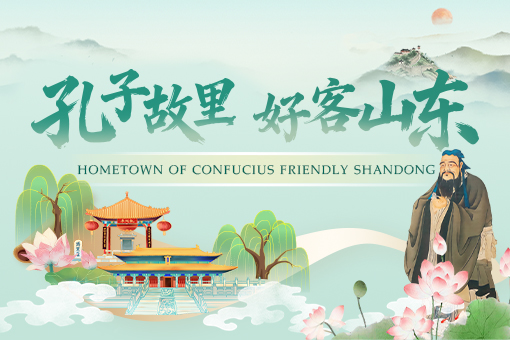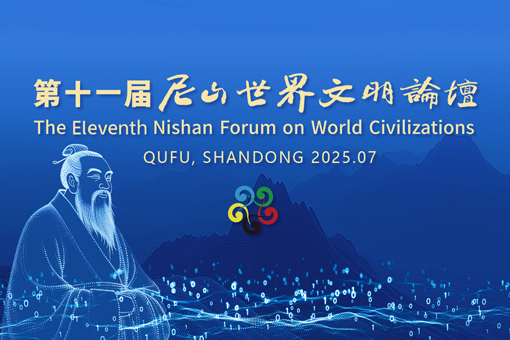Xi leads way in advancing cultural, theoretical endeavor
Boasting a 5,000-year civilization, China has been committed to promoting its cultural advancement while breaking new ground in pursuing modernization.
President Xi Jinping, also general secretary of the Communist Party of China (CPC) Central Committee and chairman of the Central Military Commission, has always highlighted the work in the fields of communication, ideology and culture.
Since the 18th CPC National Congress in 2012, the Party leadership has taken effective steps to push forward continuous progress in this regard, and transformative changes have taken place.
"We must not slacken or weaken the ideological work at any time while focusing on economic growth," Xi once stressed.
Over the past decade, the overall Party leadership over the work in the ideology field has been consistently strengthened.
With China's rapid economic and sci-tech development, some erroneous thoughts have emerged, such as money-worship, hedonism, extreme individualism and historical nihilism.
In response, a slew of targeted measures have been taken, resulting in overarching and fundamental changes in China's ideological landscape.
A foundational system for ensuring the guiding role of Marxism in the ideological domain has been established and upheld. Cultural programs are flourishing, and the online environment has seen continuous improvement. A law was enacted to combat acts of distorting, denigrating and defiling heroes and martyrs.
Theoretical innovation is a fine tradition of the CPC and an experience drawn from the Party's century-long endeavor.
The Party leadership has attached great importance to fine traditional Chinese culture, taking it as the root of the Party's new theories and integrating it with governance.
The concept of integrating the basic tenets of Marxism with fine traditional Chinese culture, known as the "Second Integration" first introduced by Xi, is deemed a major achievement in theoretical innovation.
Building on the CPC's "First Integration" theoretical synthesis -- integrating the basic tenets of Marxism with China's specific realities, the new theory has been written into the report to the 20th CPC National Congress.
The integration of Marxism and China's fine traditional culture highlights that the Party's confidence in the history and culture of the Chinese nation has reached a new height.
On the new journey toward building a modern socialist country in all respects, the Party has shouldered "new cultural missions," which as Xi expounded, are to further advance cultural prosperity, to build a leading country in culture, and to foster the modern Chinese civilization.
Xi has charted the course for building a leading country in culture, demanding greater efforts in this regard.
Under the Party leadership, the unity and cohesion of the Chinese people have been greatly cemented, and the core socialist value has been amplified.
Chinese modernization features both material and cultural-ethical advancement. Now the Chinese people are enjoying a richer cultural life -- some 6,565 museums are open to the public across the country.
Xi has also underscored the importance of mutual learning and exchanges between different civilizations.
"With an open mind, we should draw inspiration from all of human civilization's outstanding achievements and work to build an even better world," Xi has said.



 Embark on cultural trip in Shandong
Embark on cultural trip in Shandong Global civilizations shine at Nishan in Shandong
Global civilizations shine at Nishan in Shandong Explore Taishan Mountain's autumn splendor
Explore Taishan Mountain's autumn splendor

